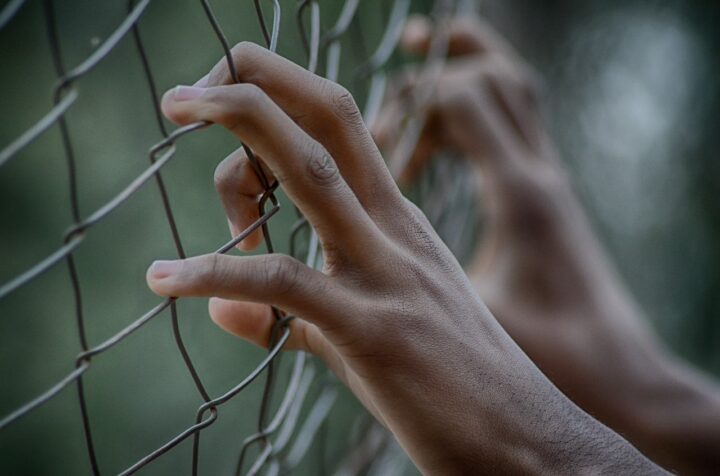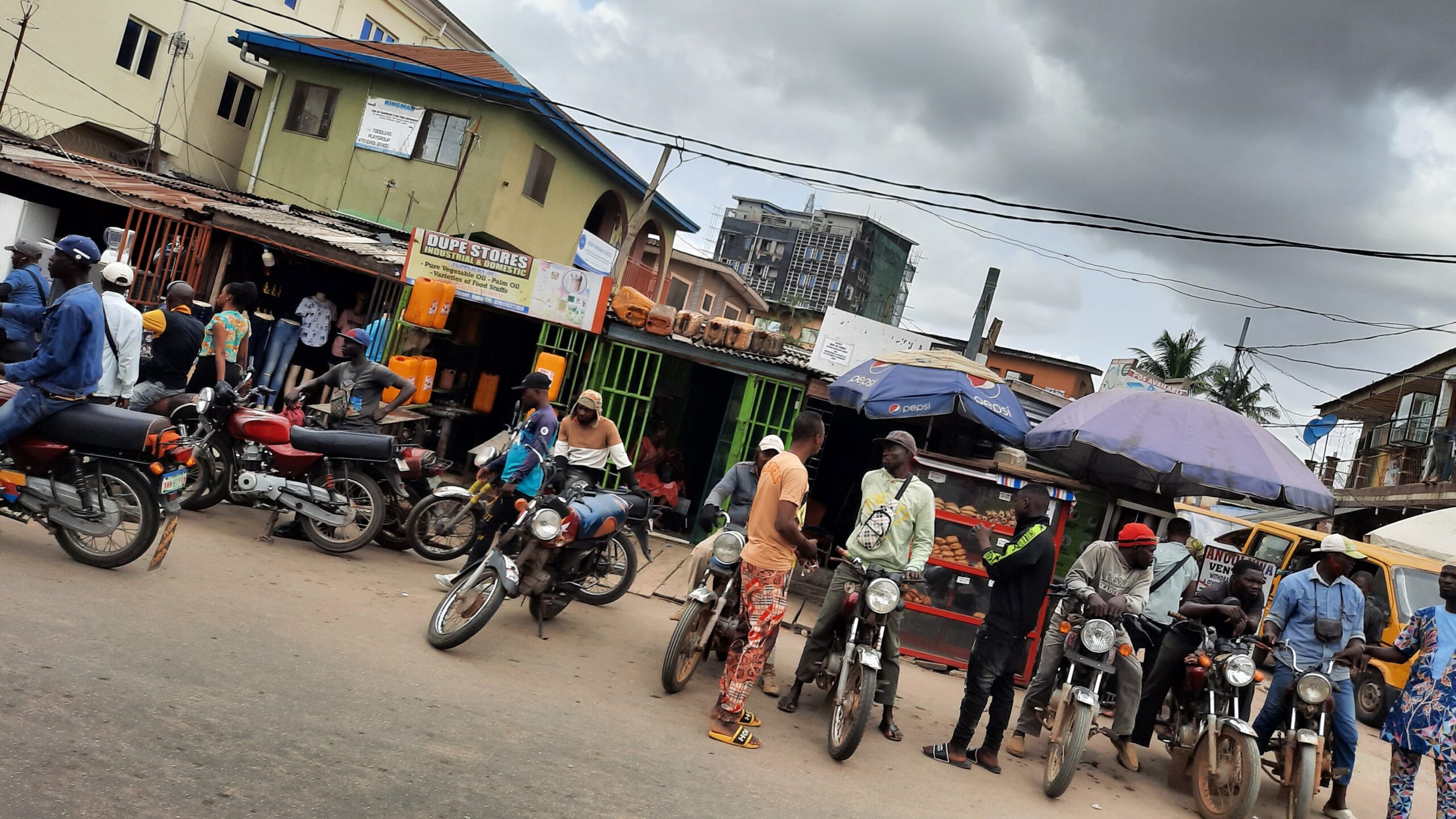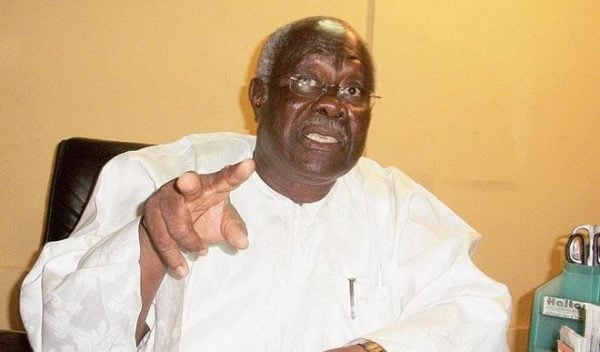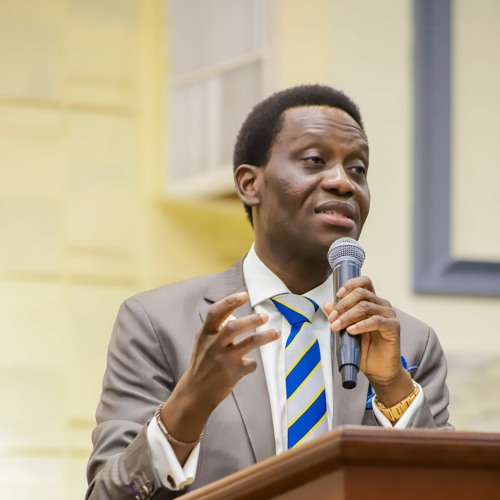A month ago, the Judiciary Staff Union of Nigeria (JUSUN) embarked on an indefinite strike — a development that has crippled the dispensation of justice in the country as courts have remained under lock and key.
The strike, which started on April 6, is to protest the non-implementation of financial autonomy for the judiciary.
President Muhammadu had in May 2020 signed an executive order granting financial autonomy to both the judiciary and legislative arms of government.
The president’s decision was met with commendation, especially from the judiciary but state governors expressed concerns over its constitutionality and financial implications.
Advertisement
The gazetting of the order was, however, suspended after the president met with the governors.
Although the Nigeria Governors’ Forum (NGF) has promised to implement financial autonomy in May 2021, the leadership of JUSUN says the strike will not be suspended until their demands are met.
CASES STALLED, INMATES STRANDED
Advertisement
Precious Adefemi (not real name) has been in Kirikiri prison since 2016. He was charged to court for conspiracy and attempted robbery but had no lawyer to represent him.
Headfort Foundation, a non-governmental organisation that offers free legal representation for indigent inmates and those incarcerated unjustly, later took up his case.
The court had signed his release in 2017 while two others involved in the case were expected to be charged to the high court.
Before the strike, a lawyer from the foundation had approached the court and brought the case to the attention of the registrar, who informed the magistrate. The magistrate then issued a production warrant for him to be brought to court so that another order for his release would be made.
Advertisement
However, with the commencement of the strike, court activities are frozen and Precious has to remain in prison.
Similarly, Adekunle Osita (not real name) was arrested for alleged armed robbery in February 2020.
His case was transferred to the office of the directorate of public prosecution (DPP) and he was charged for attempting to break into someone’s premises.
Adekunle was supposed to have been arraigned before a magistrate court in Lagos but for the absence of the prosecutor.
Advertisement
Hence, the matter was rescheduled for April 15, 2021, for arraignment.
Unfortunately, the matter could not go on due to the strike. Adekunle is currently stranded in prison, hoping that the strike will be suspended soon.
Advertisement
In the same vein, Muhammed Abbas was charged alongside two others for stealing goods from a shop in Lagos. He was granted bail in October 2020.
His co-accused have since been released on bail but Muhammed was unable to perfect his bail bond.
Advertisement
Now that Muhammed has been able to meet all the bail conditions, he cannot go to court to secure his release due to the strike. The police have transferred him to prison as they could no longer keep him in their custody.
CONGESTION AT CORRECTIONAL FACILITIES
Advertisement
On April 30, the National Human Rights Committee (NHRC) of the Nigerian Bar Association (NBA) directed its members to visit police stations nationwide in order to secure bail for suspects detained over minor offences.
But suspects who allegedly committed non-bailable offences would have to remain in detention until the prosecutors are able to file their case in court when the strike is over.
With the judiciary workers determined to continue with the strike, stakeholders in the justice system say the development will further worsen congestion in the country’s correctional facilities and other detention facilities.
Thousand of inmates awaiting trial or due for release will keep vegetating in prisons until the strike is suspended.
In a bid to address the issue of decongestion in Nigerian prisons and other issues of reforms, in August 2019, President Muhammadu Buhari signed a bill changing the name of the Nigerian Prison Service to Nigerian Correctional Service.
In November 2020, Rauf Aregbesola, minister of interior, said 70 percent of the over 65,000 inmates in correctional facilities nationwide are awaiting trial — a situation that will be made worse by the strike.
In recent times, stakeholders have lamented that the administration of justice in the country is very slow, given how suspects spend years in detention.
With one month of no activities in courts, many Nigerians have raised concerns that there will be a huge backlog of criminal, human rights, and political cases when judiciary workers resume.
Reporting by Ayodele Oluwafemi and Bolanle Olabimtan
Add a comment






